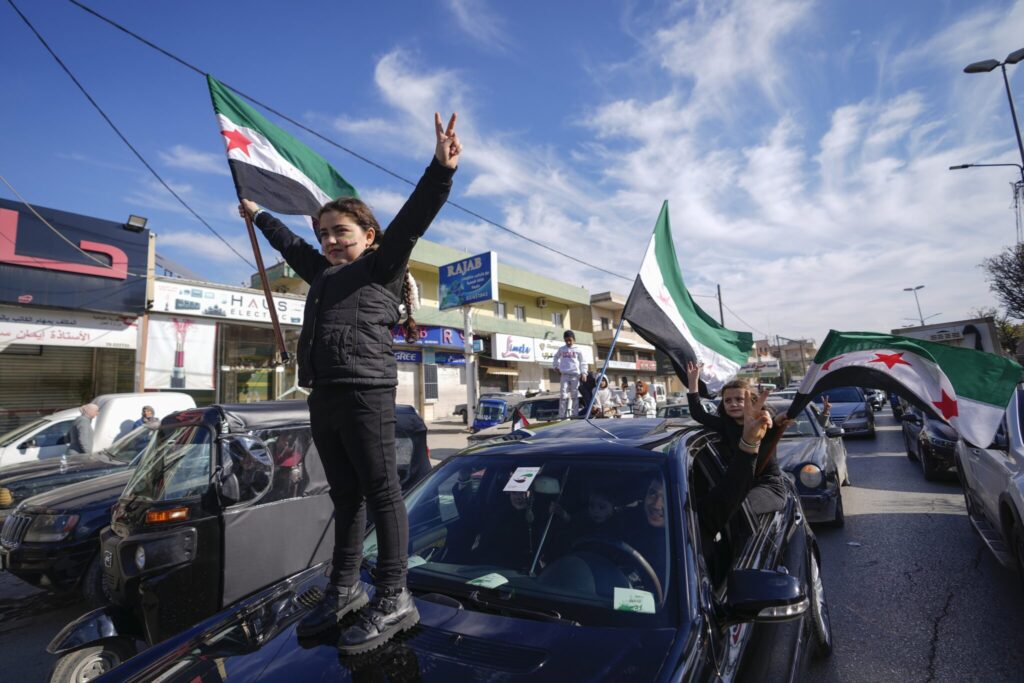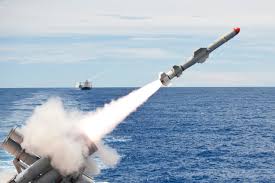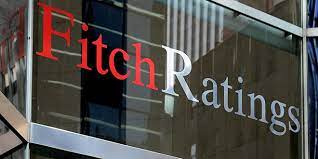The collapse of Assad dictatorship opens a new chapter in the Moroccan-Syrian relationship after the toppled regime supported for decades the Polisario separatist group and the Algerian junta against Morocco’s territorial integrity.
In November 2011, the Moroccan embassy was attacked by pro-Assad protesters in Damascus, prompting the ambassador’s recall and the closure of the premises. In December 2012, Marrakesh hosted the fourth meeting of the Friends of Syria group supporting the Syrian opposition
Following the fall of Assad dynasty, several Syrians posted videos on social media networks expressing gratitude to the Moroccan Monarch for his unwavering backing for their just cause to achieve legitimate aspirations for freedom, democracy and dignity.
The Syrian people and especially the opposition and refugees pay tribute to King Mohammed VI for his political support and humanitarian assistance provided to alleviate their sufferings from one of the most brutal dictatorships in the Middle East.
They commend the Sovereign for ordering the Royal Moroccan forces to set the first military medico-surgical field hospital in Zaatari Camp in Jordan in 2012. The hospital served for eight years Syrians fleeing civil war with professionalism, dedication and a high sense of responsibility.
The Monarch visited in 2012 the 60-bed hospital which was operated by 125 medical staff, including 27 military doctors covering nearly twenty specialties.
The Syrians also look back with pride when Morocco welcomed 54 Syrian migrants who were expelled in 2017 by Algerian authorities to the Moroccan border town of Figuig in blatant violation of international laws.
Morocco had denounced the expulsion by Algeria of Syrians in vulnerable conditions describing the actions of Algerian authorities as “immoral and unethical”.
Over 5,000 Syrians have gone through a migration regulatory process in Morocco, with several hundred receiving refugee status, while in Algeria Syrian migrants (which include women and children) suffered inhumane treatment and were abandoned in a desert border zone in searing heat.
Morocco had repeatedly decried the atrocities and war crimes committed by the Assad regime in Syria and called for a political settlement that preserves the territorial integrity of Syria.
Following the collapse of Assad’s regime, the opposition forces caught a nearly one thousand Algerian soldiers, including 300 Polisario fighters, who were participating in the bloody repression and massacre of Syrian people.
An Algerian General is among the captured warmongers supporting Assad military regime. Algerian authorities have sent a top intelligence official to Turkey and Doha to negotiate their release but to no avail.
Few days ago, Algerian foreign ministry described Syrian opposition actions as “terrorist threats” but changed afterwards its stand after the spectacular collapse of Bachar Assad’s regime, showing their predicament and deceitfulness.
According to some analysts, the fall of Iran’s “Axis of Resistance” will bring down with it the Algerian regime which has been caught up in their destabilizing schemes.
Thanks to the royal wisdom, leadership, and far-sighted vision, Morocco is listed among winners of the geopolitical global shifts. Building on its international partnerships and credibility, the North African Kingdom is set to strengthen further its regional and international influence.


